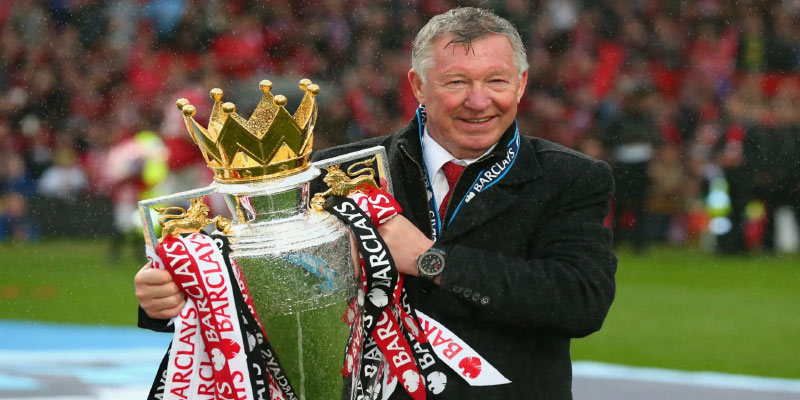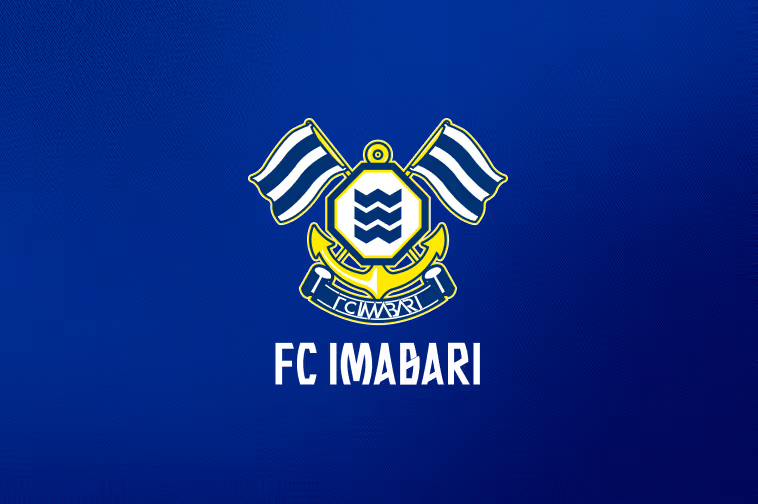
The Untold Brilliance of Sir Alex Ferguson's Empire
Sir Alex Ferguson didn’t just manage Manchester United—he revolutionized it. Over 26 legendary years, he built more than a team; he crafted a dynasty of dominance that shattered records and redefined football management. Known for his razor-sharp tactics, unbreakable discipline, and uncanny ability to rebuild greatness, Ferguson’s reign turned Old Trafford into a fortress of fear and respect.
But his genius didn’t end with trophies. From nurturing iconic talents to influencing modern coaching philosophies, his impact still ripples through the sport. This article unpacks the mastermind behind the legend—Sir Alex Ferguson—and the empire that continues to echo his name.
Influence of Sir Alex Ferguson on Modern Football
Sir Alex Ferguson‘s legacy extends into contemporary football, influencing not just tactics, but the overall management philosophy and culture of football clubs around the world.
Tactician Advertisement
Ferguson’s tactical innovations have inspired a generation of coaches who have entered management in the wake of his retirement.
Techniques such as the use of a high defensive line, pressing systems, and tactical flexibility have become cornerstones of modern coaching methods. Many current managers study Ferguson’s approach to gain insights into building successful teams.
Player Management Revolution
Ferguson revolutionized player management, understanding the importance of mental and emotional health within elite sports.
Through his empathetic leadership style, he paved the way for a new understanding of player welfare, fostering an environment where players felt supported both on and off the pitch.
Today, player management is viewed through a more holistic lens, taking into account mental resilience and emotional well-being alongside physical conditioning.
The Rise of Sports Science
Ferguson’s acknowledgment of the importance of sports science marked a turning point in player preparation.
He was among the first managers to prioritize physiotherapy, nutrition, and fitness training, which has since become standard practice across the sport. This commitment to player health and performance optimization has been instrumental in extending careers and enhancing the longevity of talent in football.
Memorable Matches Under Sir Alex Ferguson
Ferguson’s time at Manchester United was characterized by countless memorable matches that defined his career and the club’s legacy.
1999 UEFA Champions League Final
The 1999 final against Bayern Munich remains etched in the annals of football history as one of Ferguson’s finest moments.
With Manchester United trailing 1-0 deep into stoppage time, Ferguson’s team demonstrated unyielding determination, culminating in two last-minute goals from Teddy Sheringham and Ole Gunnar Solskjær, clinching an extraordinary comeback in the final moments.
This match epitomized Ferguson’s tactical prowess and belief in never giving up, embodying the spirit he instilled within his players.
The 8-2 Victory Against Arsenal
The 2011 match against Arsenal showcased Ferguson’s tactical brilliance in its most delightful form.
An emphatic 8-2 victory at Old Trafford was not just a testament to his attacking philosophy but also highlighted the ruthlessness with which his team capitalized on Arsenal’s defensive frailties.
This enthralling performance cemented Manchester United’s dominance in English football, sending a clear signal to rivals that Ferguson’s team meant business.
The 4-3 Thriller Against Manchester City
The pulsating Manchester Derby in 2012 illustrated both the intensity of the rivalry and Ferguson’s tactical ingenuity.
In an exhilarating contest, Manchester United triumphed 4-3 thanks to a stunning hat-trick from Wayne Rooney. Ferguson’s setup allowed United to counter City’s attacking style, showcasing the tactical flexibility he was renowned for.
Moments like these have ingrained a deep sense of exhilaration in the club’s history, further enhancing Ferguson’s legacy.
Sir Alex Ferguson: Leadership Beyond the Pitch
Ferguson’s contributions extend beyond the tactical realm; he is a leader whose principles resonate well beyond the pitch.
Empowerment of Others
Ferguson was a firm believer in empowering both his staFF and players.
He entrusted his coaching staff with responsibilities, allowing them to express their ideas while holding them accountable for the team’s success. This approach nurtured strong relationships and a supportive environment, fostering a sense of collective ownership in achieving common goals.
Community Engagement
Ferguson’s leadership extended to community engagement, emphasizing the importance of social responsibility beyond football.
His commitment to charitable causes and championing youth initiatives demonstrated a desire to leverage the influence of football for societal good. Moreover, he inspired players and staff to take active roles in community service, ensuring that Manchester United remained a respected and integral part of the local community.
Legacy of Mentorship
Even in retirement, Ferguson has continued to leave a lasting impact as a mentor to many.
His wisdom and insights are sought after by aspiring coaches and players eager to learn from his extensive experience. This commitment to mentoring ensures that Ferguson’s legacy as a leader continues to shape the values and ethics of future generations in the sport.
Conclusion
Sir Alex Ferguson stands as a monumental figure in the landscape of football, his contributions extending beyond tactical mastery and trophy-laden success. His legacy, defined by transformational leadership, innovative strategies, and a relentless pursuit of excellence, remains a guiding light for future generations in the world of football. Ferguson’s influence endures not only through the achievements of Manchester United but also through the principles he instilled within the sport, making him a true master tactician and an icon of football history.



